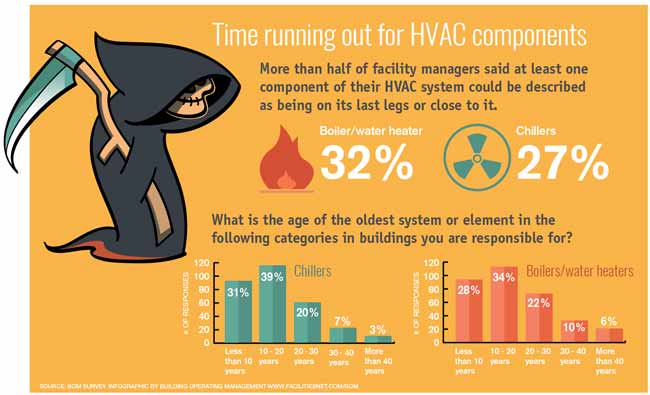Heatpump Vs Furnace - Which Is The Better Home Heating Alternative For Your Home?
Heatpump Vs Furnace - Which Is The Better Home Heating Alternative For Your Home?
Blog Article
Post Created By-Hjelm Mosegaard
Several home owners recognize with furnaces, which heat homes with oil or natural gas and push hot air through ductwork. They are fairly inexpensive and can offer reliable home heating even during a winter months power outage.
However, they utilize fossil fuels and generate carbon monoxide gas and other air pollution. They also aren't as energy-efficient as a high-efficiency heat pump.
Cost
Typically, heat pumps are a lot more affordable to operate than furnaces. They commonly utilize electrical energy and refrigerant to essence warm from outdoor air, and afterwards transfer it into your home. simply click for source can make use of cheaper power prices during off-peak hours to better decrease your heating costs.
Unlike heatpump, gas or wood-burning heaters use burning to generate warm, releasing flue gases into the atmosphere that can be damaging to your health and wellness. These heaters are also less energy-efficient than heatpump, and their greater operating expense can add up over time.
Furnaces are extra challenging than heatpump and need routine maintenance to guarantee the appropriate function of all components. Regardless of this, they tend to last longer than heat pumps with a regular life-span of two decades or even more. Nonetheless, you'll need to factor in the cost of gas, fuel oil or timber and the added tools needed for installment and operation such as ducts and air flow systems.
Power Effectiveness
Heat pumps have a greater power efficiency score than furnaces. These systems utilize electricity to feed on warmth from the air, also in freezing temperature levels. They can additionally eliminate excess warm from the home throughout warmer months and reuse it to cool down the system. Provider specialists can aid you establish the most effective design for your home on environment and source power expenses.
Furnaces shed gas oil, gas, gas or other sorts of fossil fuel to heat up the air in the home. This air is then spread with ductwork utilizing a big follower. Heaters produce greenhouse gases and require regular maintenance and devices upgrades to ensure safe procedure.
The most significant benefit of a heating system is that it can be operated also in rough winter season conditions because it does not count on exterior temperature levels to heat the air. Suggested Browsing have a longer life expectancy than heat pumps and usually last 15 years. They can also be paired with twin fuel choices, which choose one of the most effective heating choice based upon the weather condition.
Environment
Heatpump work well in modest climates and utilize less source power than heaters. However, if your region is remarkably chilly, you may need to purchase a typical gas heater instead.
Furnaces give warm, cozy heat and typically offer quick heating to raise interior temperatures. These systems can be utilized with a selection of fuel kinds, consisting of natural gas, gas, oil or electrical energy.
They eat a lot more power than heatpump-- approximately 3x as much-- and require ductwork that's pricey to set up or retrofit. They're likewise much more pricey to keep, as they can trigger air top quality concerns and generate greenhouse gas exhausts.
If you're dedicated to minimizing your carbon impact, a heat pump is a great selection for your home. read here have less greenhouse gas exhausts than furnaces, especially if you pick a power STAR ® heatpump. Your regional Service provider professional can discuss the differences between these 2 heater and assist you make the very best decision for your one-of-a-kind needs.
Individual Preferences
Furnaces can be extremely power effective when powered by natural gas, lp or oil, yet they aren't as energy reliable as heat pumps in cold climates. They can likewise be extra expensive to set up, requiring gas lines and air flow systems.
However, heating systems often tend to require less maintenance, which can cause reduced continuous costs. They generate less greenhouse gases and are more reliable than heatpump during severe weather condition.
Electric heat pumps are extra flexible in creating indoor comfort because they can likewise work as ac unit throughout warmer months. They can be easier to preserve, needing only normal air filter adjustments and periodic vacuuming.
If you like the ease of a solitary system that does it all, take into consideration a hybrid heating solution that sets a furnace with an electric heat pump. These systems can instantly switch over in between the two heating options based on your home's needs and temperature level problems, making the most of performance and cost savings.